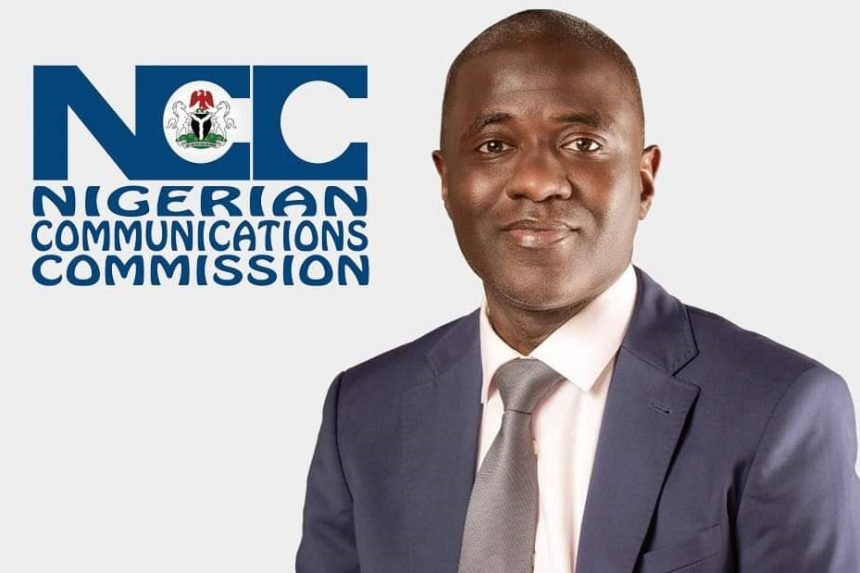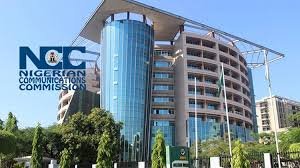
By Ameh Gabriel
Abuja – July 2025 In a significant move aimed at future-proofing Nigeria’s telecommunications sector and accelerating the digital economy, the Nigerian Communications Commission (NCC) has unveiled a draft General Authorisation Framework a progressive regulatory model designed to foster innovation, attract investment, and enhance inclusivity in the nation’s ICT ecosystem.
The framework was formally announced by the Executive Vice Chairman and CEO of the NCC, Dr. Aminu Maida, during a high-level stakeholders’ forum held in Abuja, which brought together top executives of telecom operators, regulators, tech innovators, entrepreneurs, and industry associations.
In his opening remarks, Dr. Maida emphasized the importance of the initiative in shaping the future of Nigeria’s digital landscape, noting that the collaboration of industry stakeholders signals a unified commitment to building a digitally inclusive and innovation-driven nation.
“The future is no longer far off it is unfolding right before us,” Maida declared. “At the heart of this future is the communications sector, which now serves as the infrastructure for innovation, inclusion, and national development.”

Maida highlighted Nigeria’s remarkable telecom growth over the past two decades, with teledensity at 79.65% and broadband penetration reaching 48.81% as of May 2025. He credited these achievements to rising mobile usage, increasing data consumption, and the expanding demand for digital services.
However, he pointed out that the sector has reached a critical inflection point one that requires a shift from conventional licensing models to more agile and forward-looking regulatory approaches.
Key Provisions of the New Framework
The General Authorisation Framework introduces three innovative regulatory instruments:
- Proof-of-Concept (PoC) Pilots – to test new technologies and service models in real-life conditions.
- Regulatory Sandbox – allowing innovators to trial emerging solutions such as Open RAN or dynamic spectrum sharing under monitored conditions.
- Interim Service Authorisations – for services not yet covered under existing licensing categories, enabling entry into the market while proper regulations are developed.
Maida described the framework as a transition from “restrictive regulation to enabling governance,” positioning Nigeria to better leverage emerging technologies like 5G, AI, blockchain, fintech, and smart networks.
“Modern regulation must support not stifle innovation,” he said. “With this framework, startups and established companies alike can test, grow, and scale responsibly under the Commission’s guidance.”
Call for Stakeholder Collaboration
The NCC boss stressed that the framework’s success hinges on broad stakeholder engagement. He called on mobile network operators, infrastructure companies, OEMs, academic institutions, civil society groups, and others to actively contribute their feedback and help shape a practical, inclusive, and impactful regulatory direction.
“Your insights are vital. Let us build a resilient, innovative, and inclusive digital ecosystem together,” Maida urged.
In his concluding remarks, Dr. Maida reaffirmed the Commission’s commitment to using regulation as a tool for national development, expanding digital access, supporting local content, and closing the digital divide.
“With the General Authorisation Framework, we are unlocking new opportunities for innovation, investment, and national progress,” he concluded.
The draft framework is now open for public input as part of the Commission’s ongoing commitment to transparent, collaborative policymaking.







